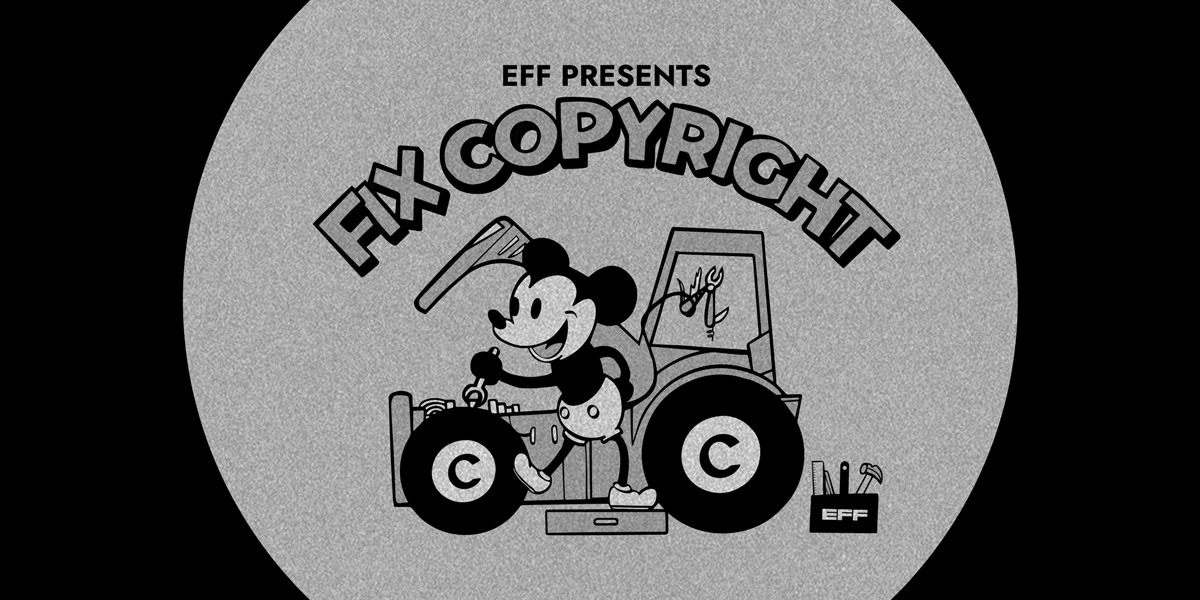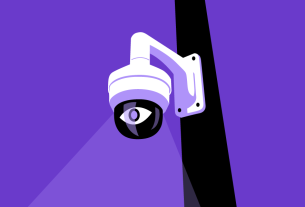If you’ve got lawyers and a copyright, the law gives you tremendous power to silence speech you don’t like. Copyright’s statutory damages can be as high as $150,000 per work infringed, even if no actual harm is done. This makes it far too dangerous to rely on the limitations and exceptions to fair use, as you may face a financial death sentence if a court decides you got it wrong. Most would-be speakers back down in the face of such risks, no matter now legitimate their use. The Digital Millennium Copyright Act provides an incentive for platforms to remove content on your say-so, without a judge ever reviewing your papers. The special procedures and damages available to copyright owners make it one of the most appealing mechanisms for removing unwanted speech from the internet.
Copyright owners have intimidated researchers away from disclosing that their software spies on users or is full of bugs that make it unsafe. When a blockbuster entertainment product inspires people to tell their own stories by depicting themselves in the same world or costumes, a letter from the studio’s lawyers will usually convince them to stay silent. And whose who sell software write their own law into End User License Agreements and can threaten any user who disobeys them with copyright damages.
Culture has always been a conversation, not a product that is packaged up for consumption.
These are only a few of the ways that copyright is a civil liberties nightmare in the modern age, and only a few of the abuses of copyright that we fight against in court. Copyright started out as a way for European rulers to ensure that publishers remained friendly to the government, and we still see this dynamic in the cozy relationship between Hollywood and the US military and police forces. But more and more it’s been a way for private entities that are already powerful to prevent both market competition and contrary ideas from challenging their dominance.
The imbalance of power between authors and the owners of mass media is the main reason that authors only get a small share of the value they create. Copyright is at its best when it protects a creator from being beaten to market by those who own mass media channels, giving them some leverage to negotiate. With that small bit of leverage, they can get paid something rather than nothing, though the publishing deals in highly concentrated industries are famously one-sided.
But, too often, we see copyright at its worst instead, and there is no good reason for copyright law to be as broad and draconian as it is now. It lasts essentially forever, as you will probably be dead before any new works you cherished as a child will enter the public domain. It is uniquely favored by the courts as a means for controlling speech, with ordinary First Amendment considerations taking a back seat to the interests of content owners. The would-be speaker has to prove their right to speak: for example, by persuading a court that they were making a fair use. And the penalties for a court deciding your use was infringing are devastating. It’s even used as a supposed justification for spying on and filtering the internet. Anyone familiar with automated copyright controls like ContentID on YouTube knows how restrictive they tend to be.
Bizarrely, copyright has grown so broad that it doesn’t just bar others from reproducing a work or adapting it into another medium such as film, it even prevents making original stories with a character or setting “owned” by the copyright owner. For the vast majority of our history, humans have built on and retold one another’s stories. Culture has always been a conversation, not a product that is packaged up for consumption.
The same is true for innovation, with a boom in software technology coming before copyright was applied to software. And, thanks to free software licenses that remove the default, restrictive behavior of copyright, we have communities of scrappy innovators building tools that we all rely upon for a functioning internet. When the people who depend upon a technology have a say in creating it and have the option to build their own to suit their needs, we’re much more likely to get technology that serves our interests and respects our privacy and autonomy. That’s far superior to technology that comes into our homes as an agent of its creators, seeking to exploit us for advertising data, or limit our choices of apps and hardware to serve another’s profit motive.
EFF has been at the vanguard for decades, fighting back against copyright overreach in the digital world. More than ever, people need to be able to tell their stories, criticize the powerful and the status quo, and to communicate with technologies that aren’t censored by overzealous copyright bots.



